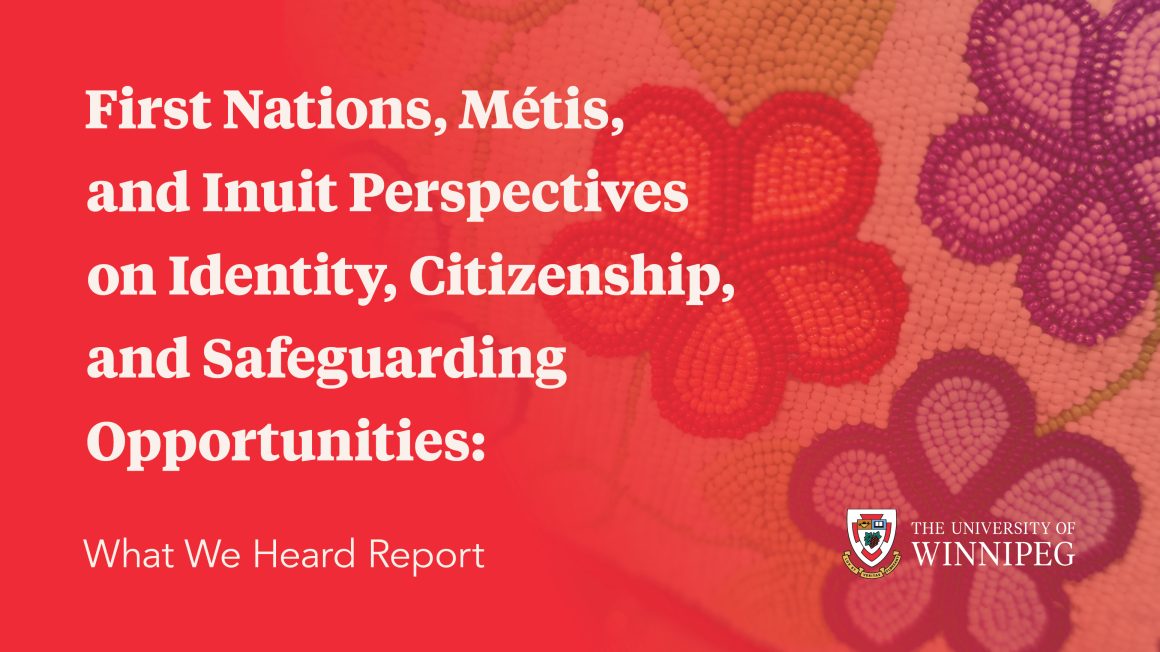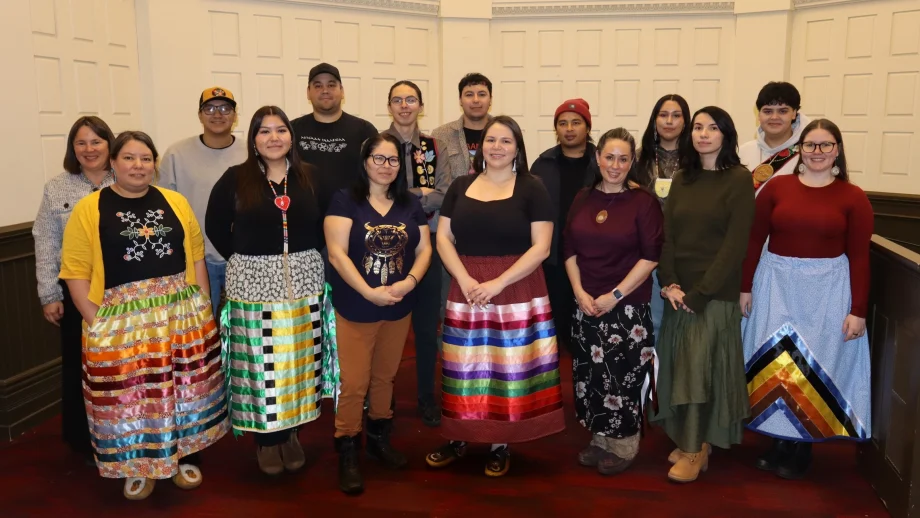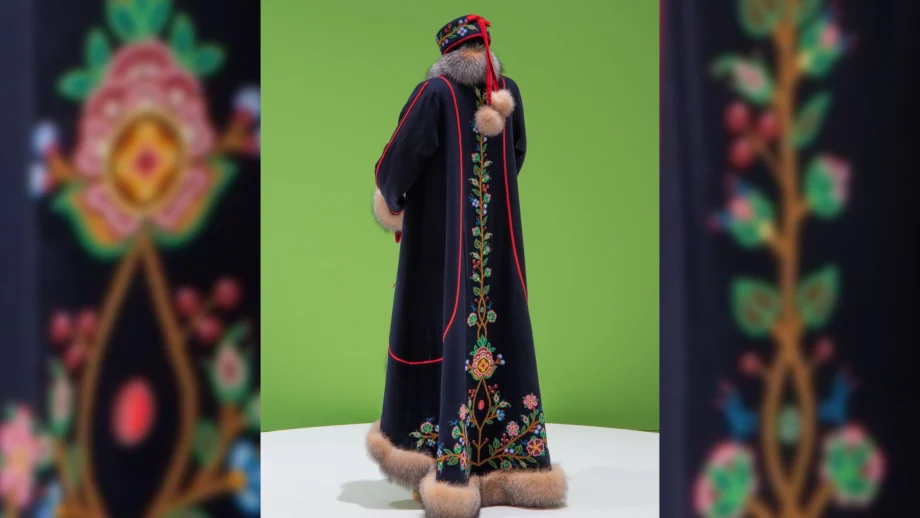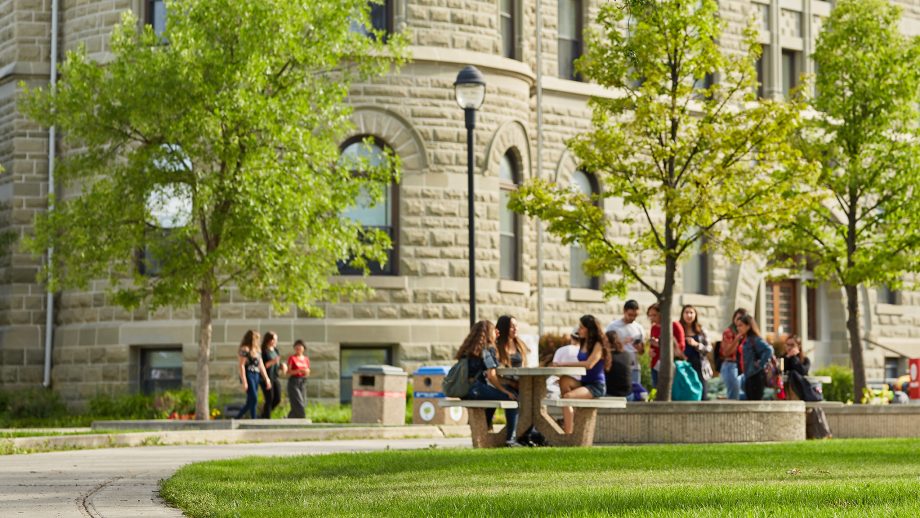In July 2023, The University of Winnipeg launched an Indigenous Identity Working Group (IIWG) to address the complex issue of Indigenous identity fraud, which has been impacting post-secondary institutions across Canada.
The IIWG engaged with many different groups to get feedback and insight on this issue and how to address it in a community-informed way. This work has resulted in a report, First Nations, Métis, and Inuit Perspectives on Identity, Citizenship, and Safeguarding Opportunities: What We Heard Report, which is now available.
The 20-member IIWG was comprised of First Nations, Métis, and Inuit students, staff, faculty, Elders, Knowledge Carriers, community members, and representatives from Indigenous organizations and governments. The Indigenous consulting firm Sage Solutions oversaw the engagement sessions, assisted with data analysis, and offered their expertise.
“The University of Winnipeg has sought to improve opportunities for First Nations, Métis, and Inuit in our institution and relied on self-declaration to do so,” said Dr. Chantal Fiola, Associate Vice-President, Indigenous Engagement and Co-Chair of the IIWG. “We are now heeding the call from Section 35 rights-bearing Indigenous communities and governments to uphold their citizenship and membership. We understand that claiming an Indigenous community is only part of the consideration – that community must claim you back. We also understand that care and concern are needed for Indigenous individuals who have been forcibly disconnected from their communities through colonization and need to be supported in their efforts to reconnect.”
“The planning and engagement process involved the commitment and knowledge of many,” said Dr. Paul DePasquale, Associate Professor in the English Department. “We are grateful to all those who participated in this important undertaking, including members of the IIWG, community members, and representatives of various political organizations and governments.”
Key findings and recommendations
The report contains key findings and recommendations to help guide the development of policy and procedures for UWinnipeg to ensure opportunities meant for First Nations, Métis, and Inuit reach these intended beneficiaries. Any Indigenous identity substantiation process must respect Indigenous sovereignty and be guided by Indigenous community and government standards, and take care not to overburden them in the process.
The consultation sessions showed that Indigenous identity fraud causes real damage, such as the misdirection of material benefits, impacts on trust and governance, and cultural harm that perpetuates colonialism.
Many recommendations arose from the report, including the need for transparency while also protecting privacy and confidentiality, and taking a flexible, multifaceted, and comprehensive approach. Any policy and procedures developed should be inclusive and non-discriminatory, have consequences for fraudulent claims, and have an opportunity for restorative justice.
Next steps
The University has an important role in upholding First Nations, Métis, and Inuit sovereignty, citizenship, and membership. UWinnipeg must commit to meaningful reconciliation by safeguarding opportunities. The next step is to create a policy and procedures based on these findings.
Dr. Fiola will now strike a UWinnipeg Indigenous Identity Policy Committee and invite stakeholders to collaborate to develop the policy, procedures, and implementation plan informed by the engagement report and recommendations. This committee will work together with, and listen to guidance from, the IIWG.
The report can be found on the Indigenous Identity Working Group page.





